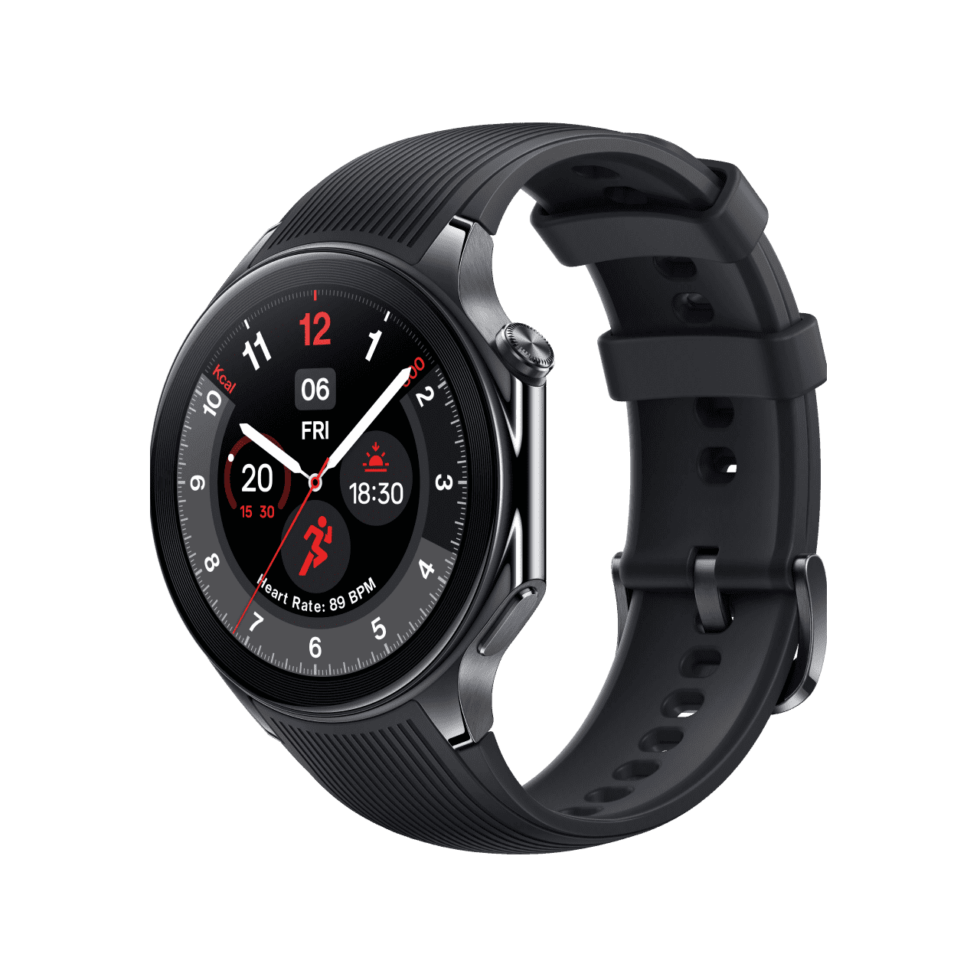Wear OS “Hybrid” design has two OSes, two CPUs, “100 hour” battery life

The OnePlus Watch 2. [credit: OnePlus ]
Smartwatches are capable little devices, but a big downside is that the battery doesn't last that long. A smartphone-style smooth-scrolling UI usually leads to smartphone-style battery life, where you have to charge the watch every day or so. Simpler fitness devices with more minimal screens and UIs can last a lot longer, but what if there was a smartwatch that could attain the best of both worlds?
That's the solution OnePlus and Google have cooked up, with the new "Wear OS hybrid interface" on the OnePlus Watch 2. Basically, the smartwatch is now packing two different sets of CPUs and OSes: One set is geared for low-power and is used for the always-on display, and a second set is for screen-on touch usage. OnePlus claims "market-leading battery life of up to 100 hours" in the OS-switching "smart mode," though of course, how much you use the watch will make a huge difference.
Wear OS devices have been creeping up to this line for a while. Watches have long shipped with low-power "co-processors" either built right into the system-on-a-chip (SoC) or tacked on as an extra chip. The major step here is the extra OS, which allows the hardware to put Wear OS to sleep when you aren't actively using the watch. Google isn't very forthcoming in its blog post about manufacturers wanting to kick the power-hungry Wear OS to the curb, but OnePlus says the watch runs a real-time operating system (RTOS) when in its "efficiency" mode. On the OnePlus Watch 2, the chip layout is a Snapdragon W5 SoC that runs Wear OS, while the RTOS runs on a BES 2700 microcontroller unit (MCU) chipset.